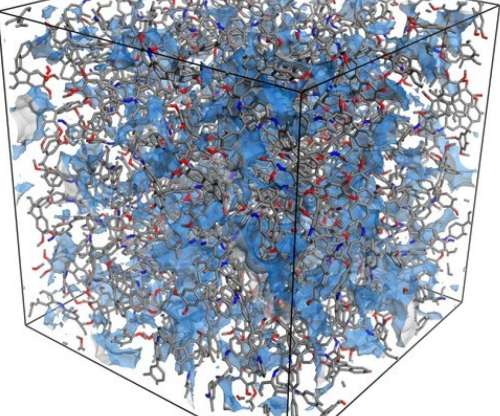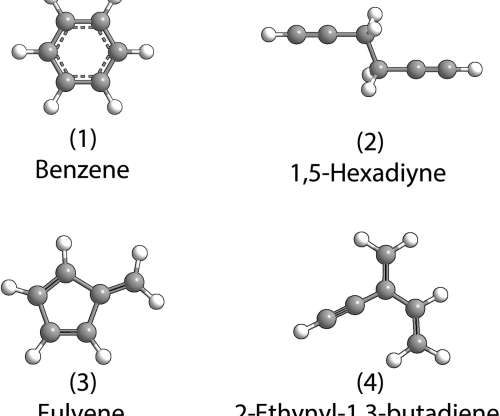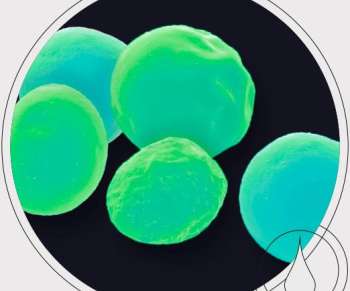Gasoline-range hydrocarbons from catalytic cracking of rubber seed oil
Green Car Congress
FEBRUARY 17, 2014
Researchers at the Qingdao University of Science and Technology report producing gasoline-range liquid hydrocarbons from the catalytic cracking of rubber seed oil (RSO) using using USY (ultrastable Y zeolite) as a heterogeneous catalyst. A paper on their work is published in the journal Fuel. 2014.01.049.








































Let's personalize your content